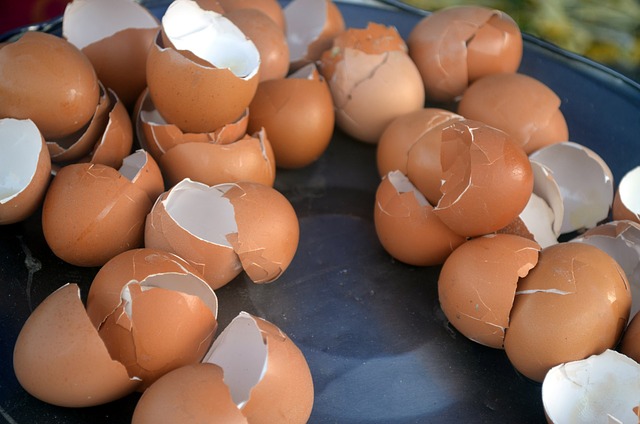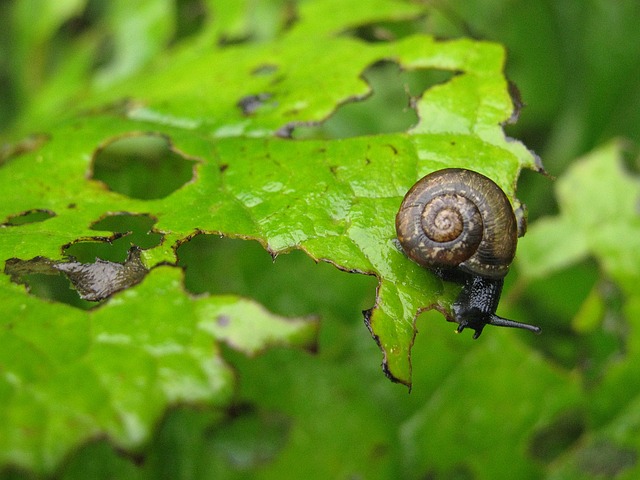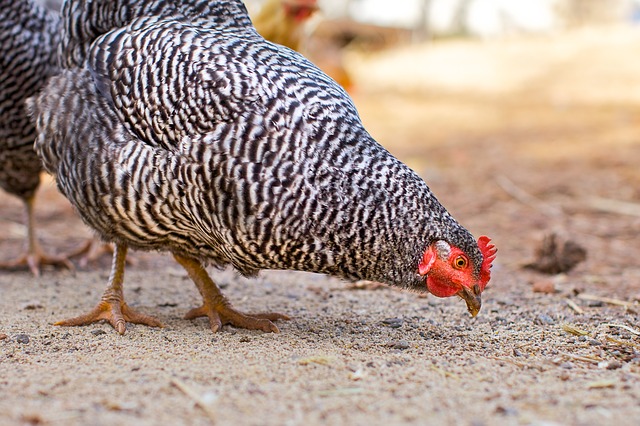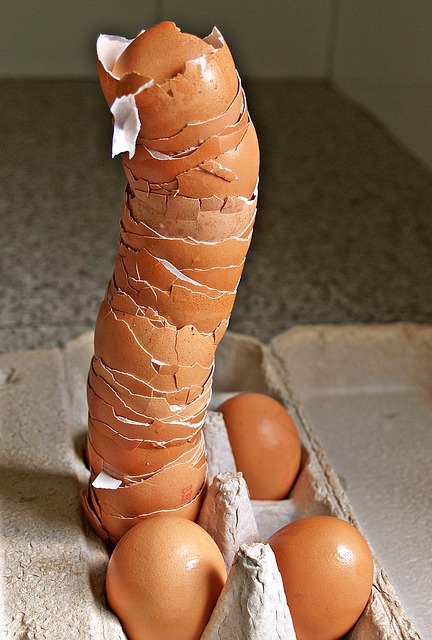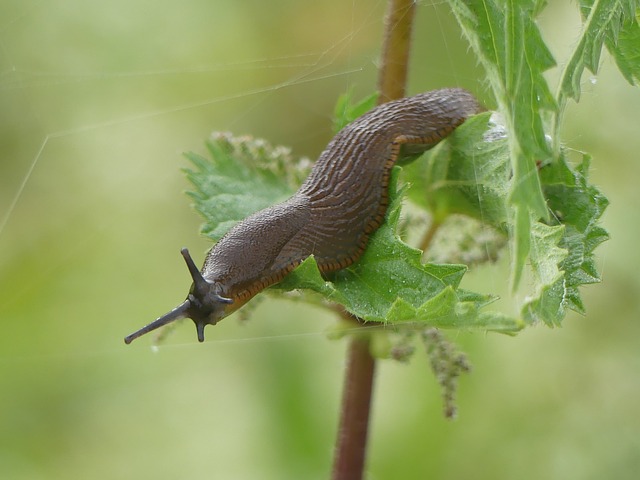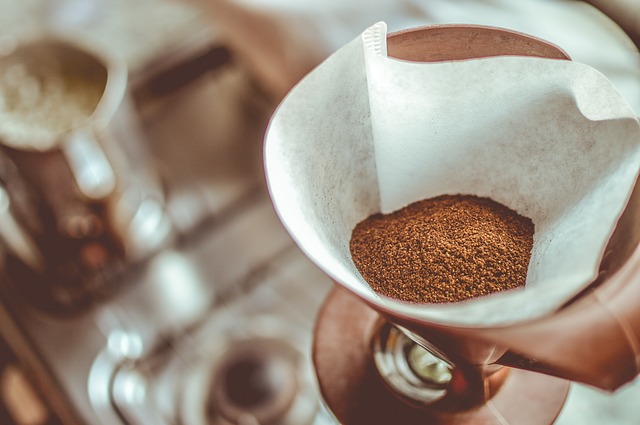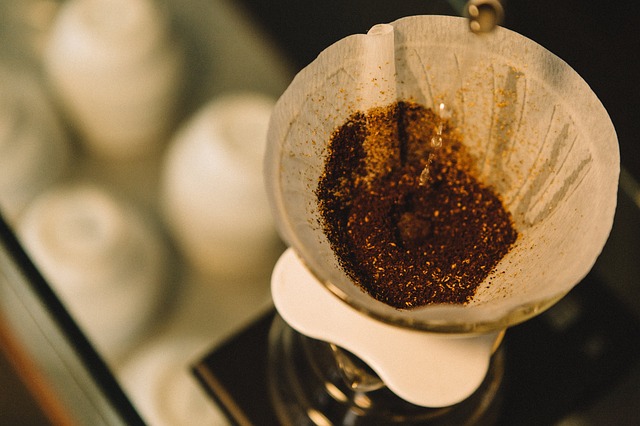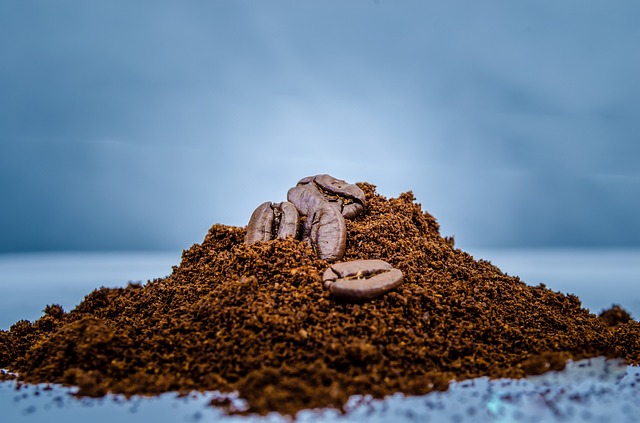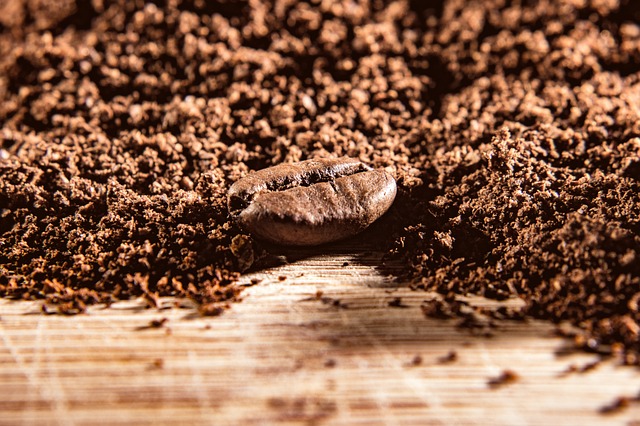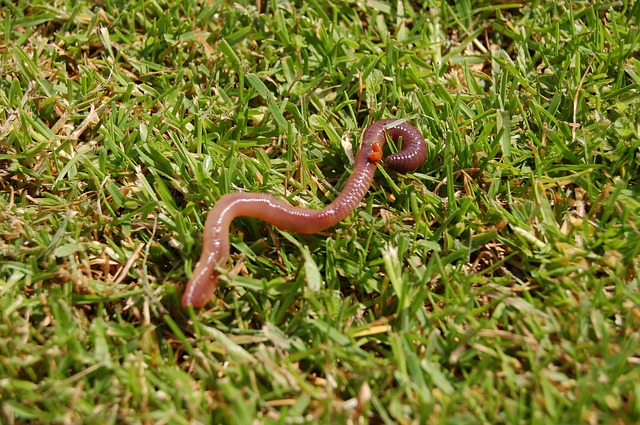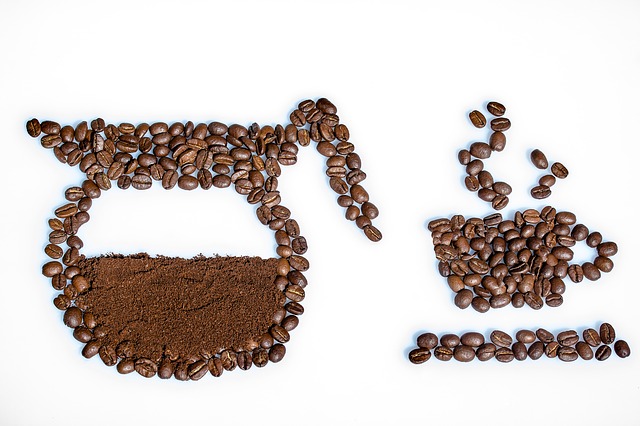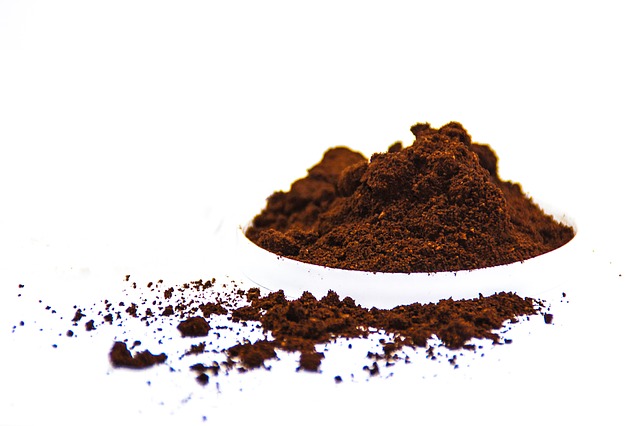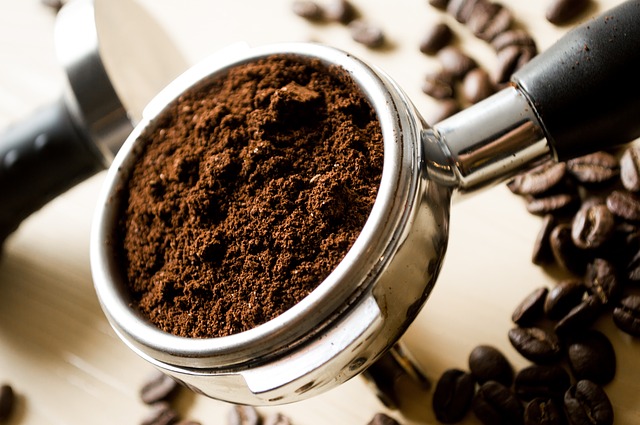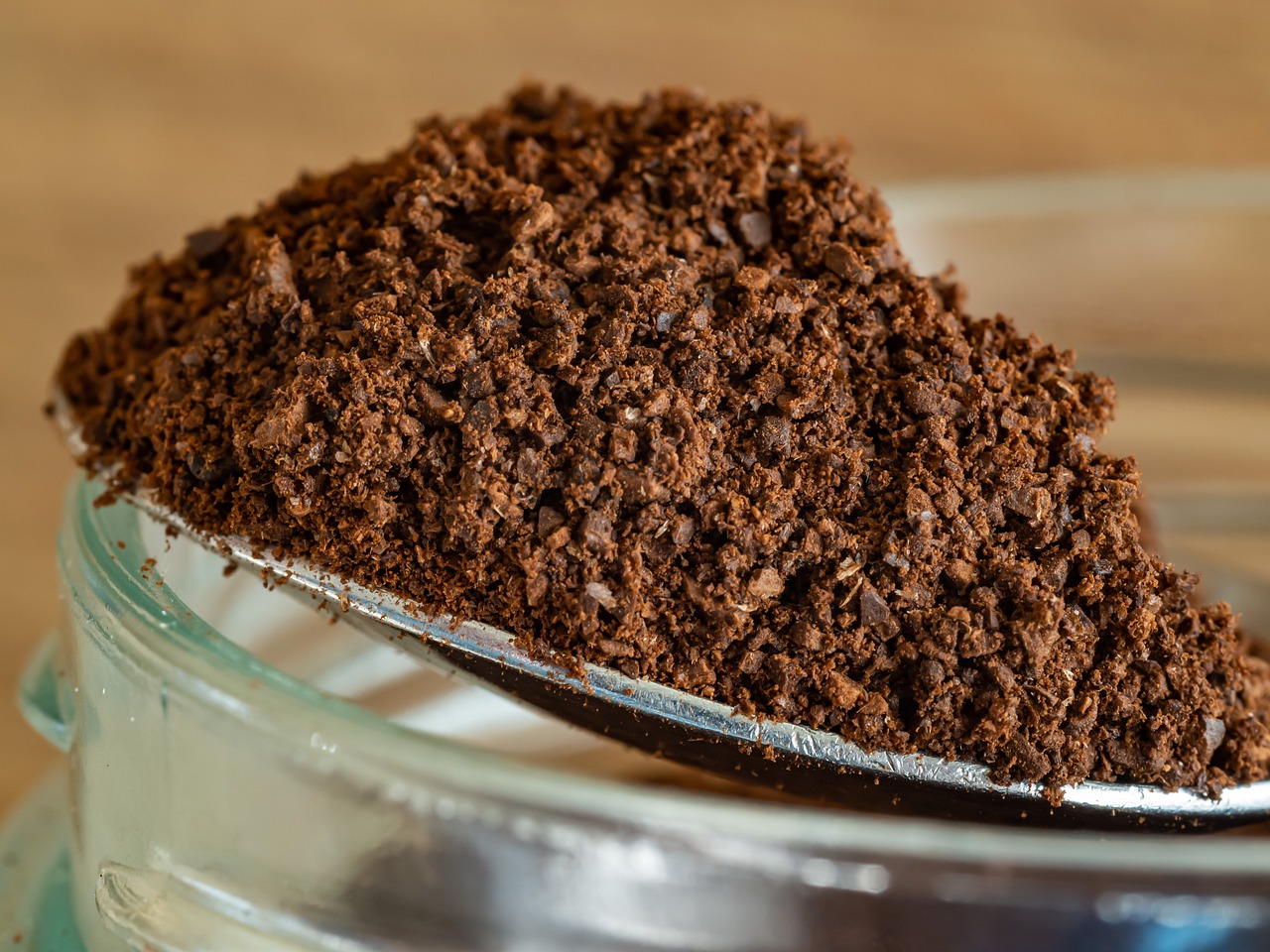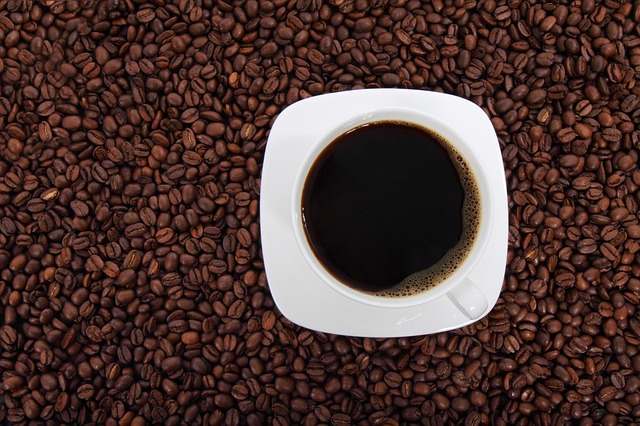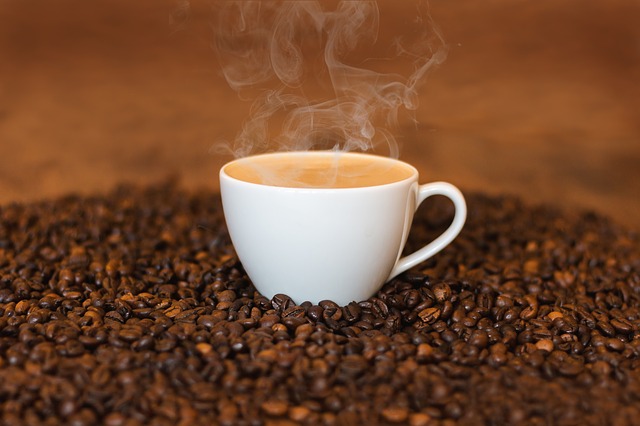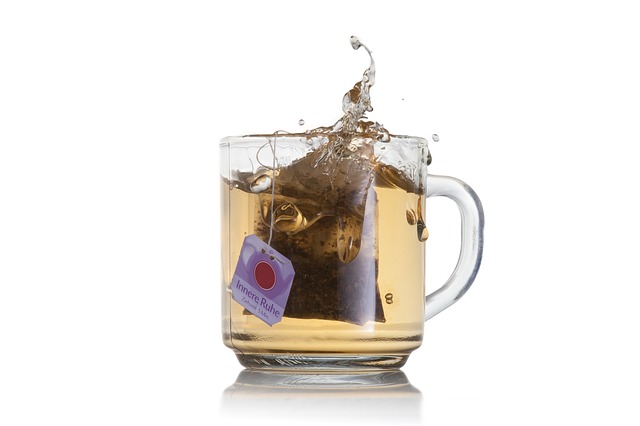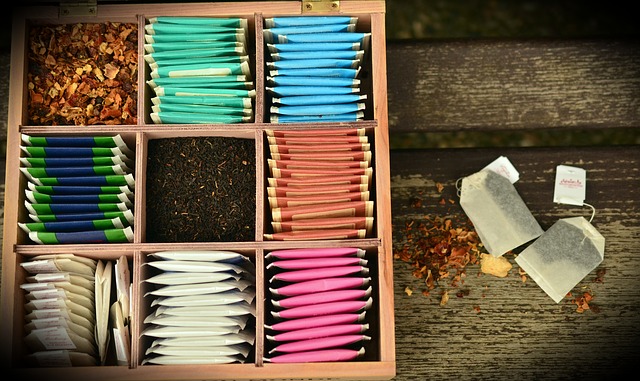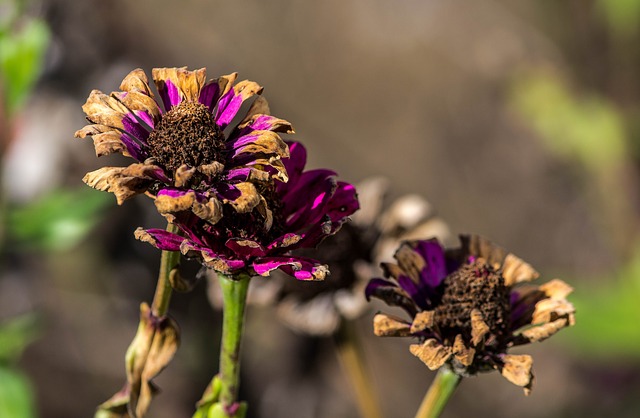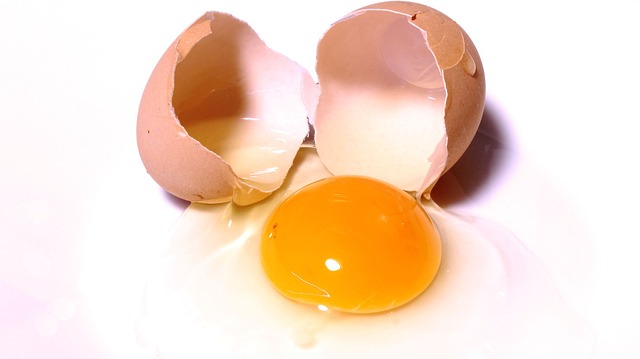
Once you learn how you can use egg shells in the garden you won’t just think about eggs solely as food. Their shells are a free way to add to the health of your soil and plants, but they also have quite a few other helpful benefits as well. Here are the best ways to use them for the everyday gardener.
The Need For Calcium
Plants need minerals such as nitrogen, phosphorous, and potassium to thrive. But calcium is also extremely important for their growth, health, and holding together the cell walls of the plant. Without enough calcium plants often end up having deformed blooms.
Luckily egg shells are very high in calcium, and of course, they are readily available every time you make a meal that has eggs as an ingredient. When using egg shells whether for calcium or another purpose crushing them up first will help them to break down faster.
Fertilize For Free
Instead of purchasing fertilizer or lime to get the calcium your plants need, you can add your egg shells to your soil. Shells are not a fast fix for calcium but instead release calcium and other minerals slowly as they decompose. They can be added once or multiple times during the growing season.
Using egg shells in the garden soil will also help minimize its salinity, optimize its chemical balance, and allow for better water absorption. While many people crush their shells and sprinkle them around the base of their plants you can also grind them up into a powder.
Another option is to make a calcium-boosting tea by placing your shells in a container of water and allowing them to steep for a few weeks. Then you’ll want to add one cup of your tea with one gallon of water and use this mixture to water your plants.
Egg Shells In The Compost
To create calcium-rich soil that you can use in the future, you can simply add your egg shells to your compost. However, to help deter backyard pests such as raccoons and skunks from taking an interest in them it would be a good idea to rinse and crush them first.
No More Slimy Slugs And Snails
Forget trying to pour salt on slugs and snails, using eggshells is much easier. By sprinkling your crushed shells around your garden or the base of specific plants that these slimy pests like you can help to get rid of them. Not only do they dislike traveling across crushed shells but as they do the sharp edges of the shells actually can cut into their sensitive skin.
These cuts and abrasions will often end up killing them since it leads to their skin drying out. The albumin in eggs is also known to be off-putting to deer. They don’t like the smell. So if you have problems with deer invading your yard and them eating up your garden be sure to try placing crushed shells around their favorite snacking spots.
For The Birds
You might be surprised to know that you can use crushed eggshells in the garden to feed your backyard bird buddies too. Calcium is very important for them especially for those momma birds both before they lay their eggs and after.
You can help supplement their natural diet by crushing up the shells and mixing them in with your birdseed. If you own chickens you can use your shells to improve their health with the added calcium and in turn the add to the quality of the eggs they lay. It’s a win-win cycle, plus it’s free.
Eliminate Rot
When there’s too little calcium in the soil, plants like tomatoes, eggplants, squash, and peppers can develop what’s known as blossom end rot. This can cause a brown spot to form where the blossom used to be.
To prevent this, all you’ll need to do is add your crushed egg shells on top of the root ball of the plant when you are planting them in the ground. The calcium will allow the plants to regulate their water much more efficiently preventing rot from ever getting started.
As you can see there are many ways to use egg shells in the garden. Whether you choose to use yours for fertilizer, in the compost, to get rid of pests, as bird food, or to prevent rot you’ll be glad you did!
Start Shopping for Gardening Supplies!
Does Copper Tape Stop Slugs?
Does copper tape stop slugs? The answer is yes. And you can use this simple solution to keep your plants safe from those slimy plant-eating pests. Repel Slimy Garden Invaders Without Harm Despite being relatively small and very slow-moving, slugs can do a lot of...
Coffee Grounds For Flowers
For many of us, there’s nothing we’d rather do than relax with a cup of coffee near the flower garden. Most people don’t realize however that the grounds used to make our coffee can help to increase the health and beauty of our garden. Here’s what you’ll need to know...
Coffee Grounds For Roses
Using coffee grounds for roses is a fabulous way to improve the health of your plants, helping them to produce those gorgeous flowers you’ve been dreaming of. But there are a few things you’ll need to know before getting started. Conditions Roses Prefer Roses do best...
Do Roses Like Coffee Grounds?
Do roses like coffee grounds? This is something many gardeners wonder about, especially since feeding roses coffee grounds has been a practice that’s been around a very long time. The answer is yes they do, and here’s what you’ll want to know. Roses And Acidic Soil...
How To Use Coffee Grounds For Grass
You’ll want to think twice before you toss your used coffee grounds in the trash every day. Those grounds can actually be used to feed and increase the health of your lawn. Here’s everything you’ll want to know about using coffee grounds for grass. Advantages Of...
Are Coffee Grounds Good For Grass?
Are coffee grounds good for grass? The answer is yes, so you may want to think twice before throwing away your used grounds after your morning cup of coffee. Instead, you can put them to work helping increase the beauty of your lawn. Benefits Of Using Coffee Grounds...
Are Worms Good For Your Lawn?
Despite their slimy looks worms are well-known for being very helpful in the garden. But are worms good for your lawn? You bet they are, and here’s why! Aeration As worms travel from place to place in the soil below your lawn, they create a maze of tunnels. And those...
How To Use Coffee Grounds For Snails
You don’t have to kill those annoying garden snails in order to keep them from eating your plants. In fact, you can use your morning coffee as a non-lethal weapon against them. When they come into contact with your coffee grounds snails will turn right around and...
How To Use Coffee Grounds For Ants
There are endless sprays and poisons you can use to get rid of ants. However, you won’t have to look any further than your morning cup of coffee if you’d like a repellent that doesn’t contain any harmful chemicals. By using coffee grounds ants will stay away and kids...
Which Plants Like Coffee Grounds?
While using coffee grounds in the garden offers quite a few benefits, they can be slightly acid and therefore not appropriate for all plants. So which plants like coffee grounds? Here’s what you’ll need to know. The Basics Of Coffee Grounds Coffee grounds contain...
Coffee Grounds And Hydrangeas
While many people love their hydrangeas, they often would love them even more if they were blue. Luckily the grounds from your morning cup of coffee can help you to achieve those gorgeous blue blooms. Here’s what you’ll need to know about coffee grounds and...
Coffee Grounds For Worms
Worms are an extremely helpful component of any compost bin or pile, not to mention worm farms. And it turns your morning cup of coffee can contribute to their diet. Using coffee grounds for worms is an easy way to keep them from heading to the local landfill while...
Using Coffee Grounds In The Garden
Your morning cup of coffee can help you to not only start your day off right, but in the garden as well. The grounds used to make it have many important properties that are ideal for both plants and soil. By using your coffee grounds in the garden you’ll be able to...
Using Coffee Grounds In Compost
It’s estimated that over two billion cups of coffee are consumed around the world each and every day. And that’s an enormous volume of grounds which are used and then tossed in the trash. By using coffee grounds in compost instead, you can help cut down on waste and...
Used Tea Bags In The Garden
Many people don’t realize that once you’ve had a cup of tea, your tea bag can be used again in quite a few other ways. There are actually many great uses for used tea bags in the garden. And here are some of the best! Free Natural Fertilizer The tea leaves and...
Used Tea Bags In The Compost
The next time you have your daily cup of tea, you may want to think twice about throwing that tea bag in the trash. Instead of contributing extra waste to landfills, you can help the environment and your garden by placing used tea bags in the compost. But before you...
5 Eco-Unfriendly Things You Do That Kill Your Garden
Any budding gardener out there wants to do the best for their garden and their plants. But are you accidentally causing it harm? Here are five eco-friendly things you do that kill your garden: Buying Plants that Contain Pesticides You may not use pesticides yourself...
7 Reasons You Need to Start Gardening Now
Looking for a fun hobby to help you relax? Get outside and get to work in a garden. Gardening has a variety of benefits for your mental, physical and spiritual health. Wondering how tending to plants can help you tend to your health? Here are seven ways gardening can...
Quick Tips To Speed Up Compost Times
Compost is an excellent soil conditioner and natural fertilizer. However, it can take quite a while for it to break down into a form that you can use. Luckily there are a handful of simple things you can do to help speed up compost times without much effort. Size In...
6 Common Types Of Soil Deficiency And How To Solve Them
Unfortunately, not all soil has the nutrients that plants need to grow and thrive. In some cases, it may be lacking in one area or another and therefore need a boost. Here are the most common types of soil deficiency and the best ways to deal with each of them....
